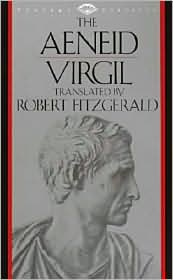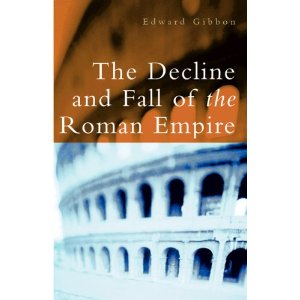We’ve all done it, had that hour or half hour window of writing time set aside, are full of inspiration from something that happened to us that day or a thought that finally made sense to us, grab our laptop or notebook, find our favorite spot with our favorite drink or snack, turn to the page or the keyboard and….nothing happens. The magical window has been slammed shut and your muse has turned in for the day. You are left forcing something awful out of the dry wells of your creativity and you and I both know that it will either be tossed, or need such thorough editing that it may seem pointless to have written at all. But remember, trying is never a bad idea but forcing your writing means writing with your mind shut off and this I do not recommend.
One thing that will help in this situation is knowing your peak time of productivity. I have found this to be vitally important in understanding how I write. It is not so much knowing if you write better at night or during the day but understanding the reality of your schedule.

Let me explain. As much as I enjoy the thought (you may view this differently) of getting up at 5am and using the quiet peaceful hours of the day to get a few pages in, I find at this point in my life I cannot trust myself to do so. With countless other obligations it is easier for me to stay up one or two more hours (okay, sometimes four!) to get the work done since I am already awake. If I try to get up early I am usually exhausted and typically my fingers fumble for the snooze button. So for me, writing at night is the best time for me to ensure I actually write that day.
Some suggest to get the hard pieces out during your peak time. I concur. As much as you would like to get four pages out during that time it might just be better to work through a particular problem you’ve encountered. But, I suggest do whatever you can to keep the work flowing. When you encounter a time where the stars align and everything is moving in the right direction think about why it was so, and repeat it as often and as much as possible in your busy life.
Keep going my friends! Don’t stop.




